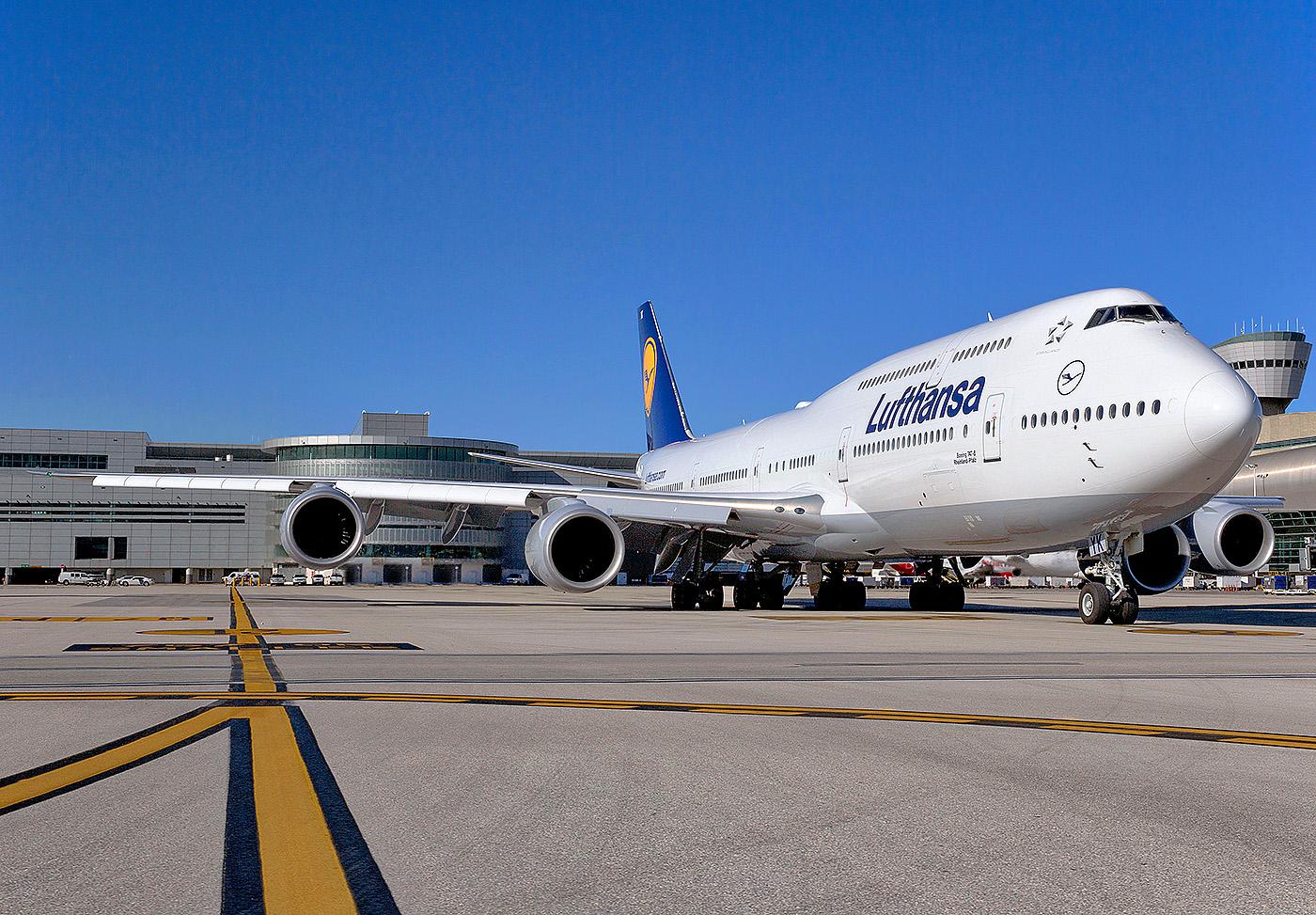
FRANKFURT—An extraordinary assembly of shareholders and the European Commission (EC) has approved a €9 billion ($10.1 billion) state bailout for Lufthansa, clearing the way for the airline to begin its long route to recovery and avoid an imminent bankruptcy filing.
Approval by shareholders was uncertain until almost the last minute after the carrier’s biggest individual investor, entrepreneur Heinz-Herrmann Thiele, publicly voiced criticism about the conditions of the package and left open whether he would go along. He ultimately confirmed in an interview released the evening before the June 25 meeting that he would support the executive board’s recommendations despite his concerns, to avoid an insolvency filing.
Lufthansa now is cleared to receive the aid which it hopes will be sufficient for it to carry the airline through the COVID-19 pandemic and retain its position as Europe’s leading airline group. The €9 billion package consists of a silent participation of €5.7 billion, €3 billion in loans from state development bank KfW and a private consortium, plus a €306 million capital increase under which the government will acquire a 20% stake in the airline. Other mechanisms are in place to protect the airline from a hostile takeover in which the government’s stake could increase to 25% plus one share. Agreement has been reached on a repayment schedule for the loan and silent participation that requires the government to exit as a shareholder by the end of 2023 under certain conditions.
Lufthansa CEO Carsten Spohr warned that “fundamental restructuring” now is needed. As part of it, the airline reached an agreement with cabin crew union UFO on June 24 that will save more than €500 million until Lufthansa has recovered from the crisis. Unit costs for flight attendants will be cut by 17%, while layoffs will be avoided through a combination of measures including part-time work and unpaid leave.
According to Spohr, negotiations with pilots are also “on a good track” and could deliver similar savings. They intend to agree to part-time work in return for job security. Talks with the Verdi union, which represents ground workers, were suspended until after the assembly. Spohr warned that mandatory redundancies could be implemented if no agreement is reached.
Along with shareholders, the EC also approved of the aid package. Conditions include surrendering up to 24 slots each at the airline’s Frankfurt and Munich hubs if competitors cannot obtain slots of equal quality through the normal slot-coordination process. The slots initially will be only available for new competitors, preventing Ryanair in Frankfurt and easyJet in Munich from taking advantage of the decision in the short term.
Another condition Lufthansa has agreed to meet is that it cannot buy stakes in other airlines or aviation businesses of more than 10% until at least 75% of the recapitalization has been paid back. “This substantial amount of aid will help Lufthansa weather the current coronavirus crisis, which has hit the airline sector particularly hard,” stated EC EVP Margrethe Vestager. “But it comes with strings attached, including to ensure the state is sufficiently remunerated, and further measures to limit distortions of competition.”
Nonetheless, Ryanair CEO Michael O’Leary said his company will launch a legal challenge against the aid package. “This is a spectacular case of a rich EU member-state ignoring the EU treaties to the benefit of its national industry and the detriment of poorer countries,” he declared. “Under the pretext of COVID-19, the German government is giving Lufthansa a bank-breaking bailout of €9 billion which even the airline’s own CEO admits it does not need. In a clear breach of European competition rules, Berlin is wasting vast amounts of taxpayers’ money to prop up an uncompetitive airline that should be putting its own house in order instead of once again running to the government for help. This and other bailouts will have a more devastating long-term effect on the future of European aviation than the pandemic itself.”





